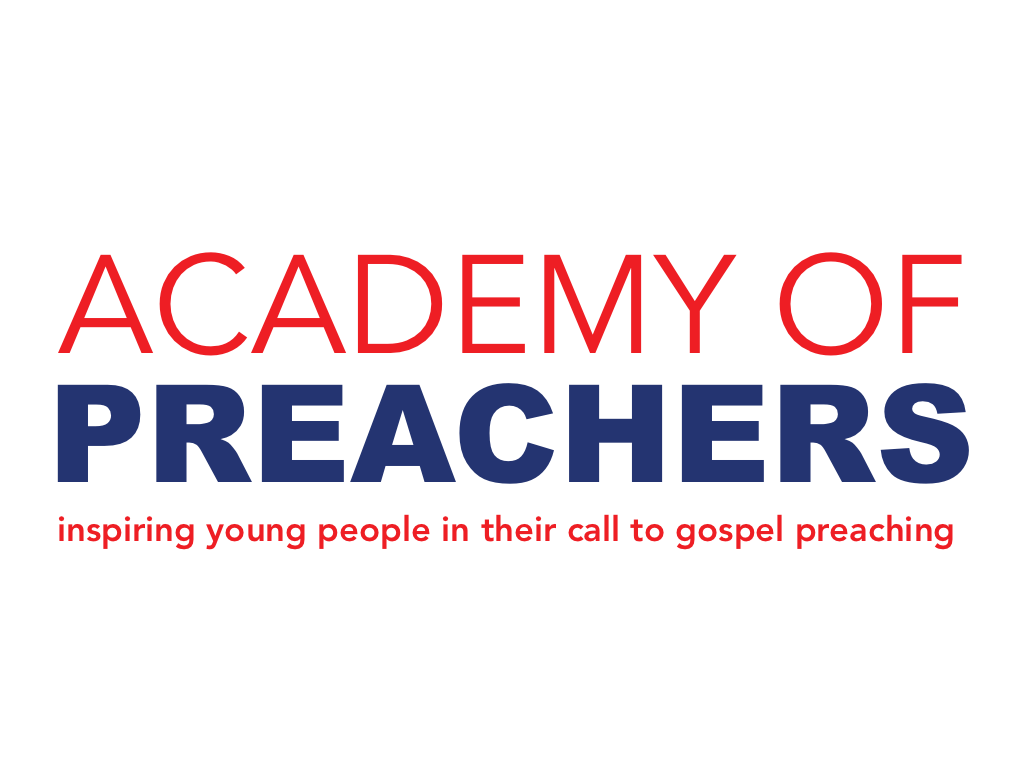Andrew Boyd, AoP’13
Director of Youth, Young Adult, and Campus Ministry for the Orthodox Church in America
National Festival of Young Preachers: 2013, 2014 and 2015
Christian Tradition: Eastern Orthodox
Orthodox Church in America
I’m Eastern Orthodox. I’m Eastern Orthodox and I’m about to engage in several broad generalizations about my own Church. We pretty much pride ourselves on not liking new things, we are suspicious of other Christians, especially “Western” (Catholic and Protestant ones) and generally prefer to stay in our own safe world of Byzantine smells and bells. I think people meeting me at an AoP event would see on the outside a warm and out-going person, but on the inside I’m often deeply uncomfortable being so far outside my own comfort zone.
Every time I’ve attended an AoP event, I’ve had several people come up to me in surprise that an Orthodox Christian would participate in such a thing, especially in an official capacity (in fact, there have been now several Orthodox preachers at AoP festivals over the years). I once even had a rather prominent Homiletics professor comment to me at the festival after my sermon “I didn’t know the Orthodox preached!”
I didn’t take offense at the comment, because I felt the professor’s ignorance was due more to my tradition’s propensity towards isolation, with just a tad bit of “holier than thou” aloofness, than any educational deficiency on the professor’s part . Sadly, even in the present day, most Americans encounter the traditions the Christian East through local ethnic festivals and “My Big Fat Greek Wedding” and many of us Orthodox prefer it that way.
So, why would I, an Orthodox Christian, come (and come back! And encourage other Orthodox to come!) to an AoP festival? Three reasons, tradition, fellowship, and help.
Tradition:
I come to bear witness to the strong tradition of preaching in the Christian East, preaching that began with the apostle Paul and raised up faithful preachers of the Gospel of the crucified and risen Christ from the time of the apostles until the present. Our tradition lays claim to some of the most effective preachers in Christian history including John Chrysostom (literally, “the golden mouthed”), Basil of Cappadocia, Gregory Palamas, and in modern times Anthony Bloom, Alexander Schmemann, Basil Rodzianko, and John Maximovitch. Surprising to some, our tradition includes a strong emphasis on missionary preaching and the translation of scriptures into the local language beginning in the Balkans and Central Europe and spreading over the centuries through Eastern Europe, Russia, Central Asia, Siberia, and even to the native people of Alaska.
In the Soviet Union, where religious education was forbidden for decades, priests could only educate through their preaching, and would often preach four or five sermons on a Sunday morning, interrupting the regular flow of our liturgy to surreptitiously educate the faithful, in defiance of oppressive authorities.
This is the tradition that I have inherited, a tradition which I strive to humbly present at every AoP event, so that we can all benefit from the centuries of gospel preaching of the Christian East.
Fellowship:
Many preachers and pundits bemoan the state of the world and of our country, now officially in the “post-Christian age”. I’m not smart enough to know if that’s true or not, but I do know that Christians are stronger together, and that “one Christian is no Christian.” One of the supreme joys of AoP events has been forming personal lasting relationships with young Christian leaders from traditions vastly different than mine.
These interactions have not only taught me about other Christian confessions, but even more about my own. One of my most vivid memories was bonding in an elevator with a group of Gospel singers over the similarities of our music traditions (19th Century Russia and 19th Century America had a surprising amount in common).
Help:
Acknowledging that we have a strong tradition of gospel preaching, in modern Orthodoxy, there is, I believe, more weakness and lethargy in our preaching than strength. Renewal of gospel preaching is needed in my tradition. There is nothing more foundational, even in a liturgical “high-church” than the preaching of the good news. This is the model of liturgy and revelation that Christ himself established in Luke’s Gospel, revealing himself in fellowship through the breaking of bread and the opening of the scriptures.
I need help to be a better preacher, not just for myself and my own tragically fragile ego, but more importantly for the people I do and will serve, and for a world always in need of a word of consolation, hope, and resurrection. AoP has given me feedback from experts, perspectives from different traditions and cultures, and exposure to different styles and interpretations. All of these collective experiences continue to shape me into a better preacher, or perhaps better said, they continue to help me decrease, so that Christ might increase in me.
John Chrysostom, a saint in our tradition, said that, “the holy scriptures were not given to us that we should enclose them in books, but that we should engrave them upon our hearts.” AoP has helped me to hone my “engraving skills” by building around me a diverse community of Christian leaders, allowing me to share authentically my tradition, and exposing me to a varied and active learning environment.
